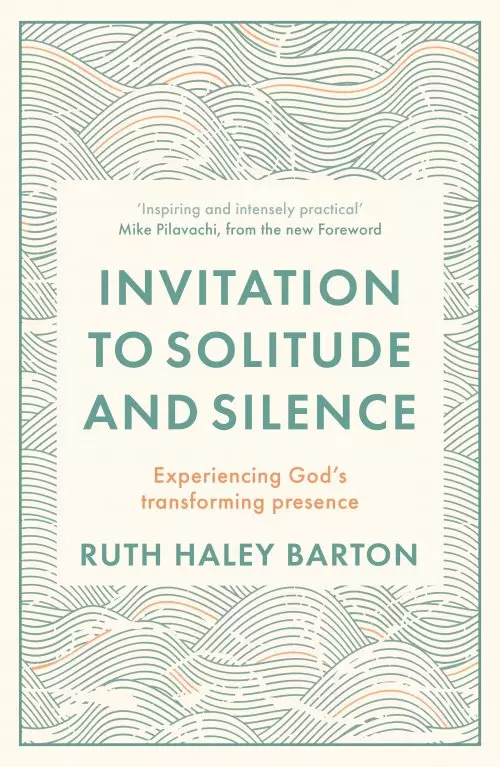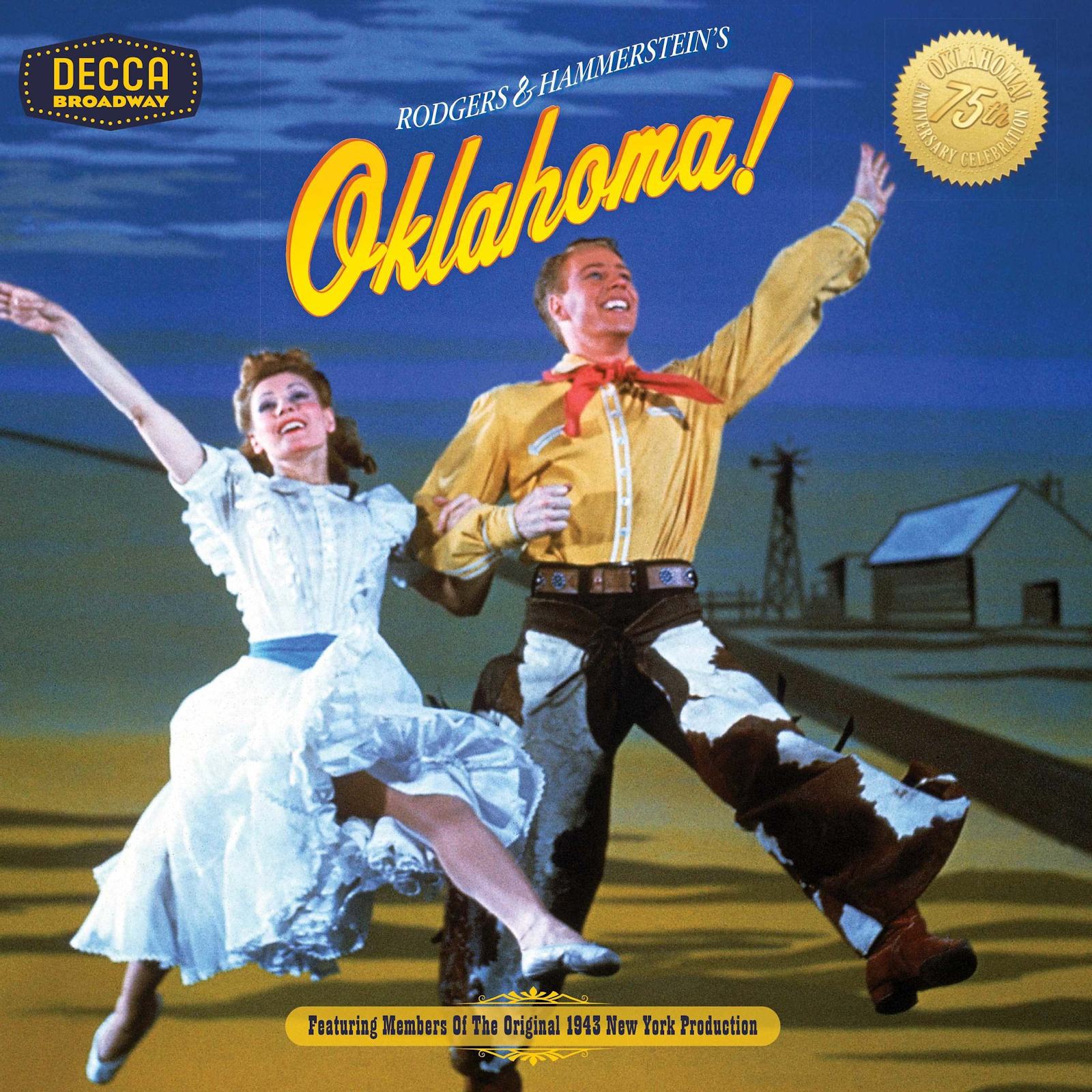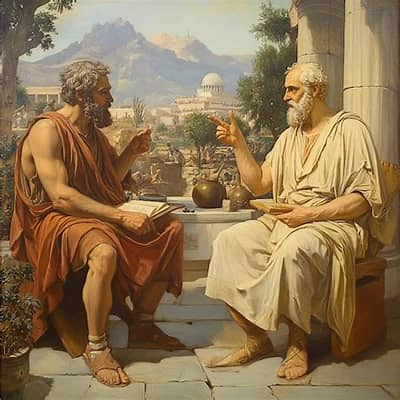(Hosea 1:2-10) Luke 11.1-13
One
day Jesus was praying in a certain place. When he finished, one of his
disciples said to him, “Lord, teach us to pray, just as John taught his
disciples.”
The John here it is safe to assume is John the Baptizer - and
wouldn’t we like to know what John taught his disciples to pray.
And has that every struck you as a rather odd request.
After all these were Jewish men who knew and heard prayers
and recited prayers from childhood. They also had the Psalms and many other
writings and Scripture.
What was it they were asking for – how to pray or what to
pray for or an admixture of both.
What they got was what has become known and formalised as
the Lord’s Prayer.
Matthew offers a slightly longer version.
The doxology, “For the kingdom, the power and the glory
are yours now and for ever” which is not in the Scriptures, is a bit of a
rabbit hole, especially as to its use by the Roman Catholic Church.
However, it was used in the early Church as
evidenced by its mention in the Didache, known as the “Teaching of the Twelve
Apostles” and was written in later first
or early second century (Didache 8, 2).
Added to which St. Paul uses doxologies in Roman 16:27 and
1 Timothy 1:17. Such doxologies were a common way to culminate ancient Jewish
prayers, e.g., Psalm 41: 1 “Blessed be the Lord, the God of Israel, from
everlasting to everlasting! Amen and Amen.”
Another question is to whether Jesus was offering a
framework or a prayer to be used as it is, much as we do today.
The danger with this is that it could become viewed as a
sort of magic talisman. Say this pray and you will get this result – a type of
prayer slot machine.
Over the years there have been very many books written
exploring the Lord’s Prayer.
One of the latest is by the Archbishop of York published
in October 2024 – ‘The Lord’s Prayer for Everyone.’
And of course, we have had the ‘Thy Kingdom Come’
initiative now running for ten years with an unexpected growth on a global
scale.
The Lord’s Prayer is the prayer that keeps on giving.
With this wealth of material there is little that I could
add or say that hasn’t already been said.
However, I would like us to think about where Luke has
placed this prayer in his Gospel account.
(Matthew places it in the block of teaching known as ‘The
Sermon on the Mount.’)
Matthews does mountains and Luke does roads.
In Luke’s account this story take place as Jesus is set
resolutely on his way to Jerusalem, covering chapters nine to nineteen.
This prayer in Luke 11 appears to act as a kind of
summation of all that precedes it, particular Jesus’s view of the Kingdom of
God.
Over the last three weeks we have been exploring Luke
chapter 10.
This begins with the sending out of the seventy or
seventy-two to all the towns and villages he planned to visit on his way to
Jerusalem.
The peculiarity of the seventy or in some renderings
seventy-two alerts us to an incident recorded in Numbers which would suggest
Luke is framing Jesus as a Moses type figure.
Number 11.16-17…
The Lord said
to Moses: “Bring me seventy of Israel’s elders who are known to you as
leaders and officials among the people. Have them come to the tent of
meeting, that they may stand there with you. I will
come down and speak with you there, and I will take some of the power of
the Spirit that is on you and put it on them. They will share the burden
of the people with you so that you will not have to carry it alone.
However, we read on about another two on whom the Spirit
fell…
However, two men, whose names were Eldad and
Medad, had remained in the camp. They were listed among the elders but did not
go out to the tent. Yet the Spirit also rested on them, and they
prophesied in the camp. (verse 26ff)
Luke portrays Jesus leading a new Exodus and creating a
new people of God who will abide by a new covenant.
And this new people of God will go beyond ethnic Israel
and be marked by love and compassion for everyone.
This is in essence what we find in Luke 10 and the story
of what we have come to refer to as the Parable of the Good Samaritan.
And there is an urgency in the message Jesus is bringing.
There is no time to mess about, there is stark and important choice to make.
Remember that Luke reframes the oppressive Egyptians who
brought enslavement and death to the occupying Romans who have also enslaved
the Jews and brought death and destruction.
And Jesus notes three ways that people have responded.
Either in collusion, or in compromise or in open rebellion.
Jesus offers another way on his journey to Jerusalem that
will culminate in his death and resurrection.
By which means he will powerfully demonstrate that the
power of love conquers the love of power.
Advocating that the Kingdom of God is here, it has come
amongst us.
‘Your Kingdom come, your will be done, on
earth as it is in heaven.’
I sometimes invite people to change the words, ‘on earth’
to their own town or village, their own Faith Community, their family or even
themselves.
‘On earth’ can become vague and even meaningless.
However, bringing it down to asking what the Kingdom of
God might look like in my community can literally bring it down to earth.
And the Kingdom of God, or the Reign and Rule of God,
looks like people honouring God’s name. Not saying OMG for example would be a
good start.
We are having such a tussle with out six-year-old
grandchildren who have picked this up from school.
The Kingdom of God also looks like my being satisfied with
my daily bread.
Remember the story of the Israelites in the desert and the
provision of daily manna.
If I don’t trust that God will provide, which is what is
being pointed out in the other verses we read from Luke 11, then we may
endeavour to get bread not only for today but also store some up for tomorrow.
Building bigger barns and putting up fences around them
and then going to war if we suspect someone might want to come and steal from
us.
This is operating out of a scarcity model rather than an abundace model. It's not that there isn't enough food in the world to feed everyone, its a fair distribution that is the problem.
And operating out of a scarcity model means that others will not have
their own daily bread because we have taken it ourselves.
Some of those washing up on our shores are peoples whom
historically we have stolen from in our grand empire building days.
For that we need to seek forgiveness, to be forgiven and
to forgive others.
And then we need to be careful about the ploys of the evil
one who seeks to destroy and whisper that God is unable to provide for all of
our needs.
And in here is sound wisdom, ‘lead us not into
temptation.’ Well, if you find you have
a weakness or some habit that causing you to sin Jesus’s teaching is to cut it
off or take it out, referring to hands and eyes. Now I don’t suspect that Jesus
is speaking literally here but is using hyperbole to get the point across.
Remember that the thought is father to the deed.
‘For the Kingdom, the power and the glory are yours…’
We naturally assume this is addressed to God – however I
think Luke would say that at that time it was Rome who was claiming to rule, to
bring glory and wield the power and authority – bringing in the Pax Romana -
but at a cost.
And that’s the stark and urgent choice – either Caeser is
Lord or Jesus is Lord.
As it has been said, 'if Jesus is not Lord of all, then he is not Lord at all.'
Therefore, we ask who might be the Rome of today, what
Caaser’s are stomping around, bullying and promising to bring a certain kind of
peace and order if we would only fall into line and accept their rule?
But note, we are reminded that the Kingdom of God, the
reign and rule of God and the glory of God have always been and will always be –
‘now and forever’.
Revelation 21 puts the full realisation of the Lord’s
Prayer in beautiful picture language.
Then I saw “a new heaven and a new
earth,” for the first heaven and the first earth had passed away, and
there was no longer any sea. I saw the Holy
City, the new Jerusalem, coming down out of heaven from God, prepared
as a bride beautifully dressed for her husband.
And I heard a loud voice from the throne
saying, “Look! God’s dwelling place is now among the people, and he will dwell
with them.
They will be his people, and God himself will
be with them and be their God. ‘He will wipe every
tear from their eyes. There will be no more death or mourning or crying or
pain, for the old order of things has passed away.” Until that moment we are to be like those sent out by
Jesus, proclaiming the Kingdom of God in both word and deed, encouraging
everyone to honour God’s name and to seek His will and way, looking to Him for
daily provision and living as forgiven and forgiving people.
To not only pray the Lord’s Prayer but work for its
actualization.
______________________________________________________
There are a lot of versions of the Lord's Prayer, and a lot of beautiful sung renditions, but I just love the joy and vibrancy of this version...
https://youtu.be/foWzC2Kqz5Y?si=fPvecAmMPQkYFAWN

.jpg%20soft.jpg)


















